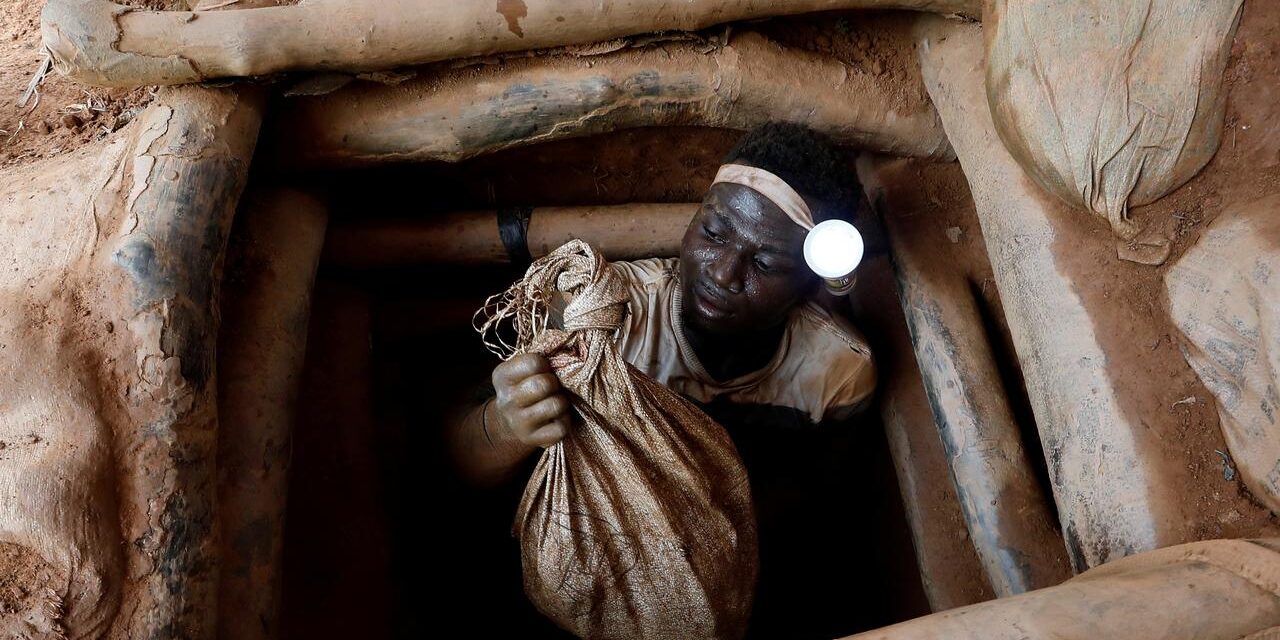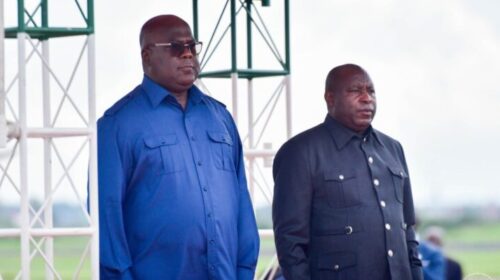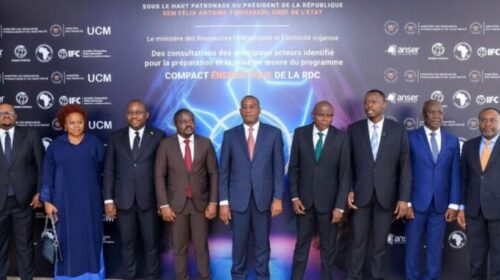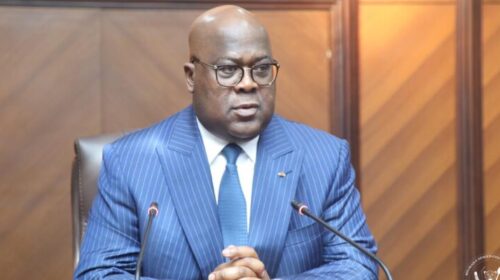Illicit DRC gold: London Bullion Market must do more to stop it
Canadian conflict minerals research group IMPACT executive director Joanne Lebert says The London Bullion Market Association (LBMA) must do more to combat an illicit trade in gold mined in the Democratic Republic of Congo (DRC).
The LBMA “has to take a leadership role and direct its members not to source from any company that does not meaningfully implement due diligence to the source,” says Lebert, speaking in reaction to the LBMA’s first annual report on responsible sourcing published September 22. The LBMA should consider delisting refineries that are sourcing gold from Dubai, she says.
Artisanal gold in the DRC is often mined in dangerous conditions, with workers vulnerable to human rights abuses. Germany’s Federal Institute for Geosciences and Natural Resources estimates the DRC’s artisanal gold production at 15-22 tons per year, with an approximate annual value of $543m-$812m. IMPACT research has shown how gold is illegally exported from the Kivu regions of the DRC to Rwanda, Burundi and Uganda. The gold is then sent to Dubai, where it enters international markets.
- The operators of the trade, Lebert says, have stakes in all stages of the supply chain and are able to move between jurisdictions with “complete impunity.” That means collaboration is needed between states and international enforcement agencies, she argues.
In 2018, the United Arab Emirates (UAE) had the fourth-largest gold imports by weight in the world, ahead of the US and China. Dubai is responsible for about 80% of the UAE’s imports, and most of the UAE’s gold refineries are there. According to a report from the Carnegie Endowment for International Peace in July, dealers in Dubai routinely accept gold that originates from any country with “no questions asked.”
In April, The Financial Action Task Force (FATF), an independent inter-governmental body that works to counter money laundering and terrorist financing, put Dubai under a year-long observation to ensure that it implements anti–money laundering legislation. The regulations in Dubai on gold sourcing are “just window-dressing,” says Lebert.
“The victims are the people of the DRC who suffer exploitation and human rights abuses” as well as the government that misses out on tax revenue, she adds.
LBMA Initiatives
The LBMA report of 22 September says that it is a partner in the Responsible Artisanal Gold Solutions Forum (RAGS) that “seeks to address critical barriers to the production and trade of artisanal gold from the DRC.”Daily newsletter: join our 100 000 subscribers!Each day, get the essential: 5 things you need to know Sign up Also receive offers from The Africa ReportAlso receive offers from The Africa Report’s partners
- The association “fully supports initiatives enabling refiners to establish responsible, sustainable supply chains across all forms of mining,” the report says.
- The LBMA declined to answer questions for this story.
Lebert welcomes the LBMA report, yet points to the issues raised by its data.
- She notes that a paltry 102 kg of gold is reported by LBMA-listed refiners to have originated from artisanal mining sources in Africa in 2018.
- “This seems highly unlikely when earlier this year, the UN estimated that a minimum of 1,100 kg of gold had been purchased and smuggled out of a single province of the DRC,” she says.
- The LBMA’s data also indicates that that UAE has produced 208,075 kg in recycled gold destined for LBMA-listed refiners, the origin of which is unknown.
- “This opens questions as to the rigour of the due diligence process LBMA-listed refiners are undertaking,” Lebert says.
DRC Tax Regime
Informal artisanal mining in the DRC can be legitimate and economically beneficial, says Lebert. But even as the gold price has been hitting record highs on international markets, artisanal miners in the DRC have been receiving lower prices. Restrictions on movement have left many miners desperate, and buyers have taken advantage by pushing down prices paid by as much as 60%, she adds.
The DRC tax regime is a “major factor” which is “definitely conducive to illicit trade” in gold, adds Lebert. “Fiscal reform in the DRC has to happen.”
- Though the DRC’s export tax on gold is officially 2%, the various taxes and legal fees that are levied drive this up to between 15% and 19%, she says.
- That can be even higher if the gold has to transit several DRC provinces.
- Taxes, she notes, are not harmonised from one province to another. “A new province is almost like a new country.”
- Those charges mean the legally exporting gold from the DRC is “completely uncompetitive”, she says.
Capacity-building within the DRC is needed to enforce existing laws and insist on proper documentation, she says. Agencies need more training and support. The government is “quite aware” of the problem, Lebert says. “There is an openness to clarify fees and charges. It’s the first step to addressing the issue.”
East African importers have their part to play. Customs authorities are either not completing due diligence on gold imports and exports, or are ignoring suspect documentation, says Lebert. The discrepancy between Rwanda’s production of gold and its declared exports is “being swept under the rug,” she adds. “There is clearly some complicity in what is happening.”
Bottom line
The LBMA, the DRC and regional governments all have a key role in the fight against the illicit gold trade. Daily newsletter:join our 100 000 subscribers!Each day, get the essential:
5 things you need to know Sign upAlso receive offers from The Africa ReportAlso receive offers from The Africa Report’s partners
![]()





